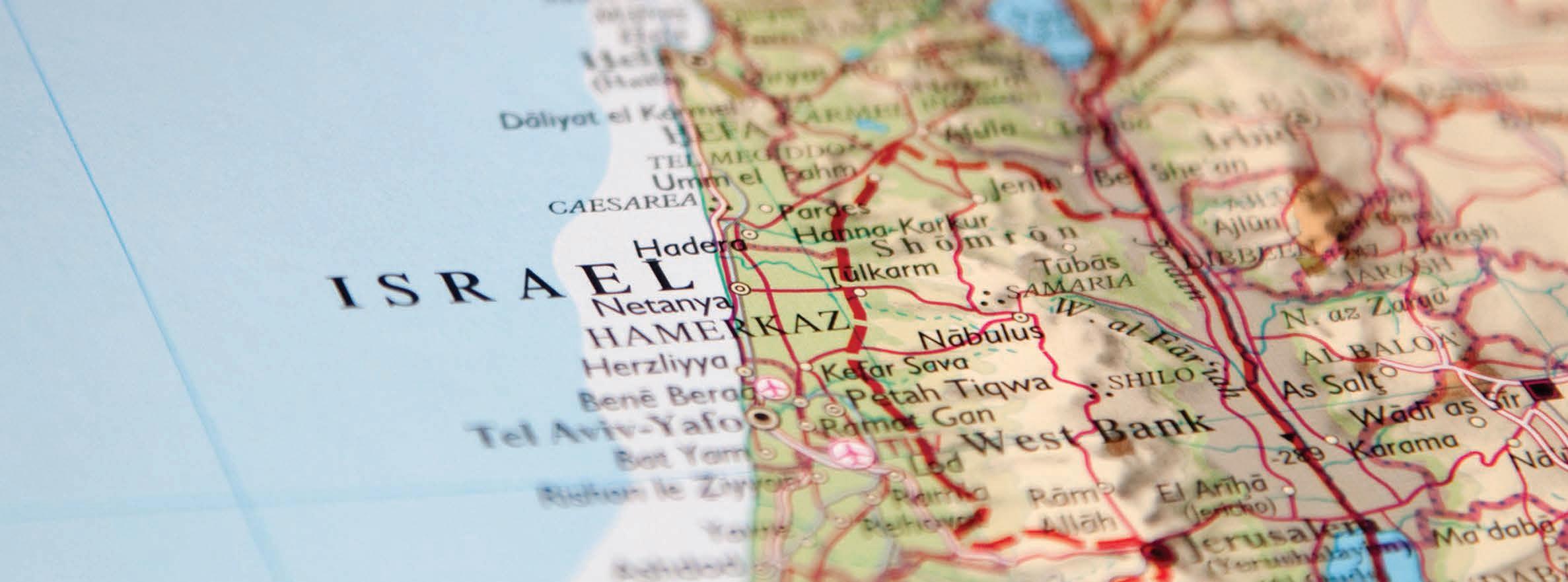
1 minute read
ISRAEL
RB: Israel has seen repeated domestic demonstrations this year, with a high likelihood of large-scale, long-term protests. These are the result of Benjamin Netanyahu’s emergence as prime minister in 2022, heading a four-party coalition government. A number of his right-wing policies have been criticised across the country for undermining judicial independence.
In terms of economic policy, the new government is expected to look for ways to increase extraction from current gas fields, look for new reserves and increase export capacity. Foreign policy will likely remain consistent, however, including in the pressure campaign against Iran and its proxies, and more efforts at normalising or improving relations with Arab countries.
JM: Israel’s strong export economy is largely supported by its thriving high-tech sector, with the US being its major export destination. Its top exports in 2022 were electronics, diamonds, and optical and medical instruments. However, due to its strained relationship with neighbouring Arab countries, Israel keeps some of its trade activities hidden. In 2022, it reported $6.1 billion in exports and $14.8 billion in imports from “unidentified countries,” mostly consisting of oil and gas imports from Iran and weapons exports. In addition, Israel imports electronics and organic chemicals from China, iron and steel from Turkey and cars and trucks from Germany.
In 2022, Israel’s total exports rose to $73.6 billion from $60.1 billion, with the US, China, India, UK and Ireland being its top markets. Meanwhile, its overall imports increased to $107.3 billion from $92.2 billion, with China, the US, Turkey, Germany and Italy being its major import sources.










